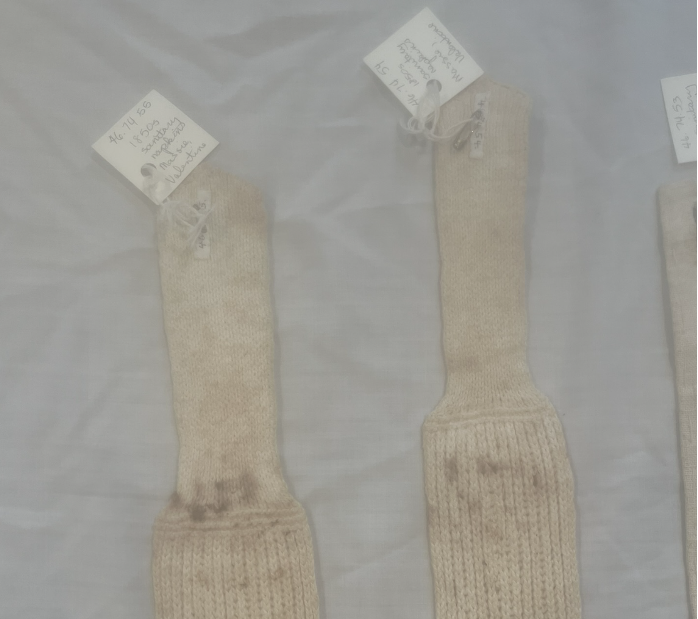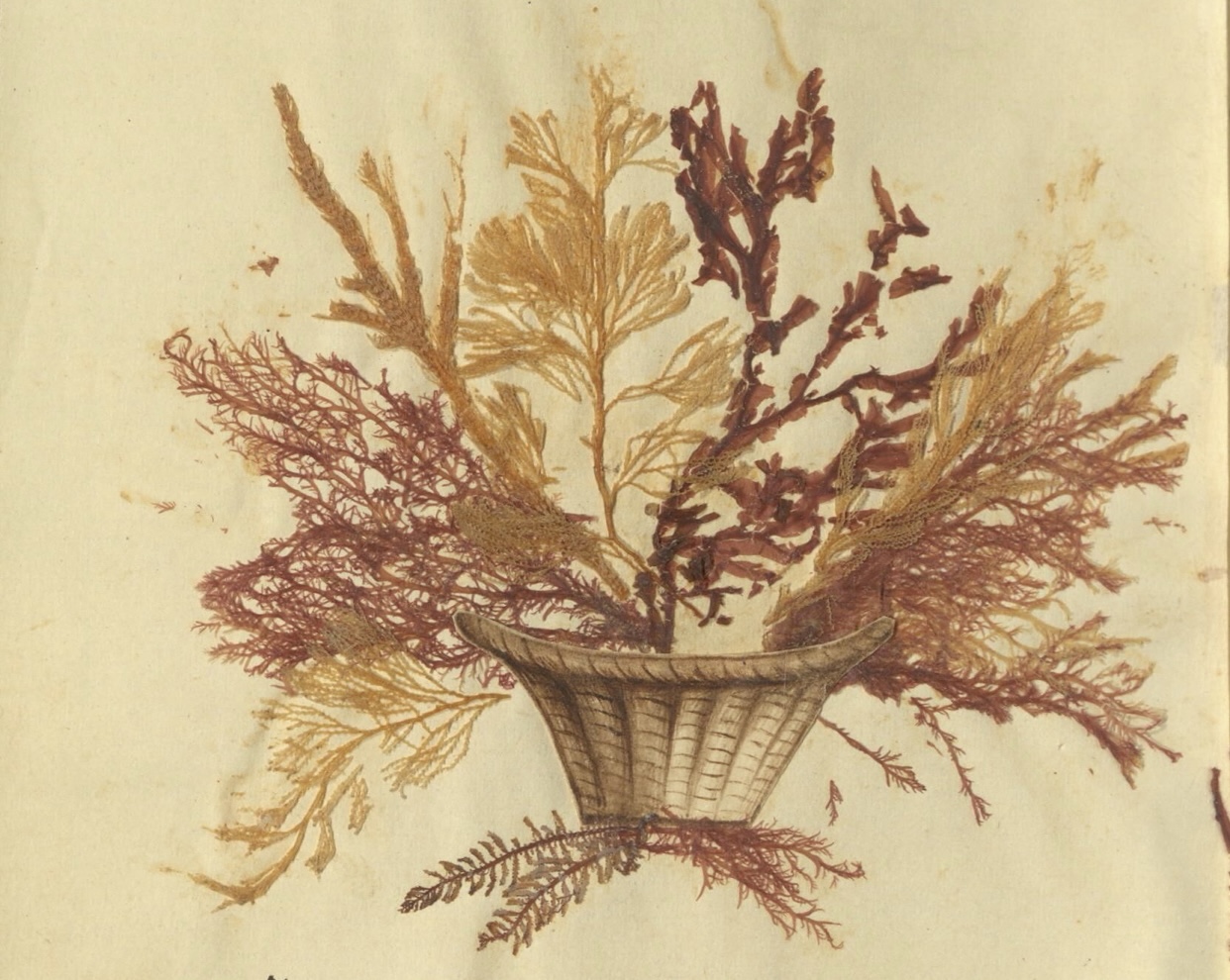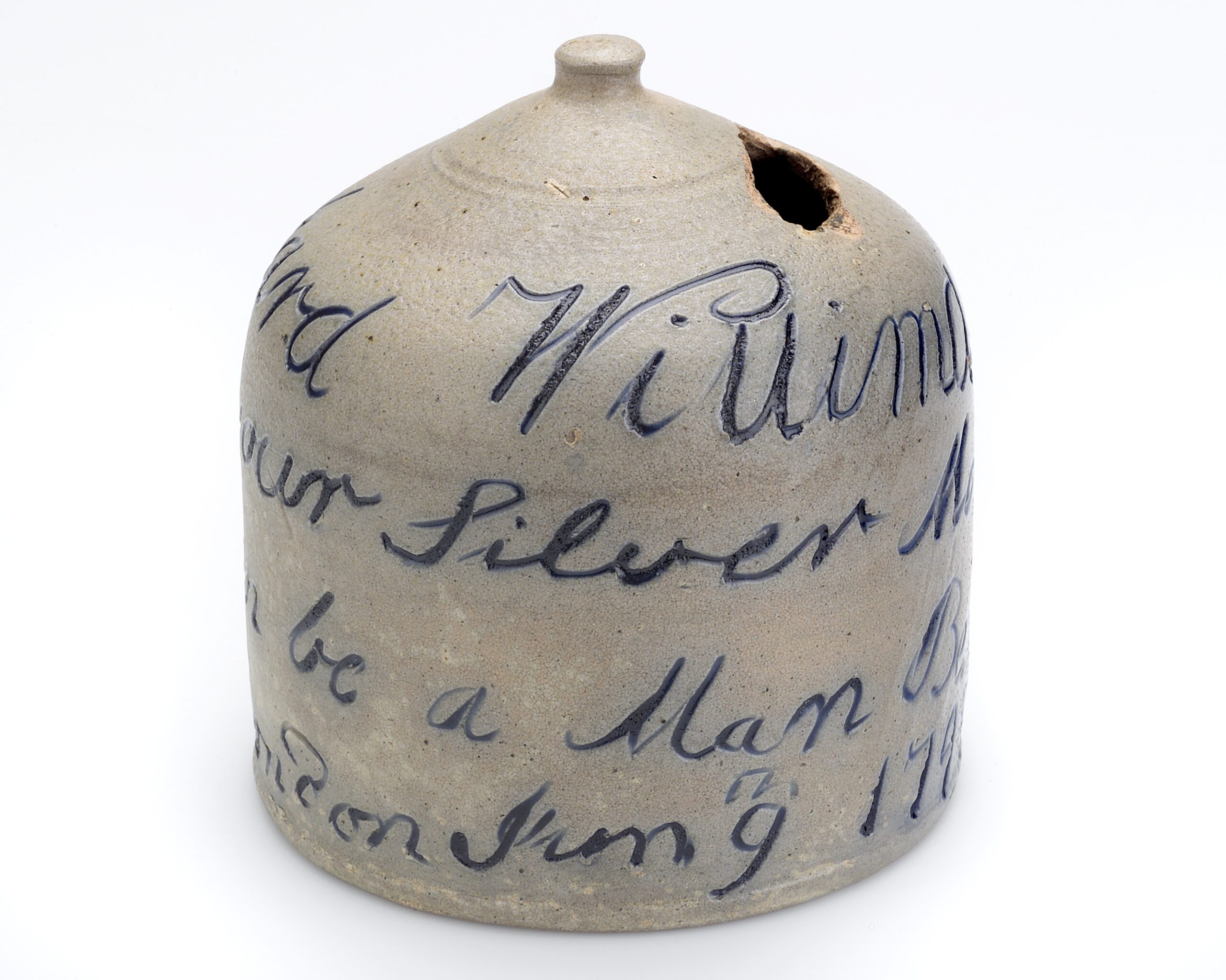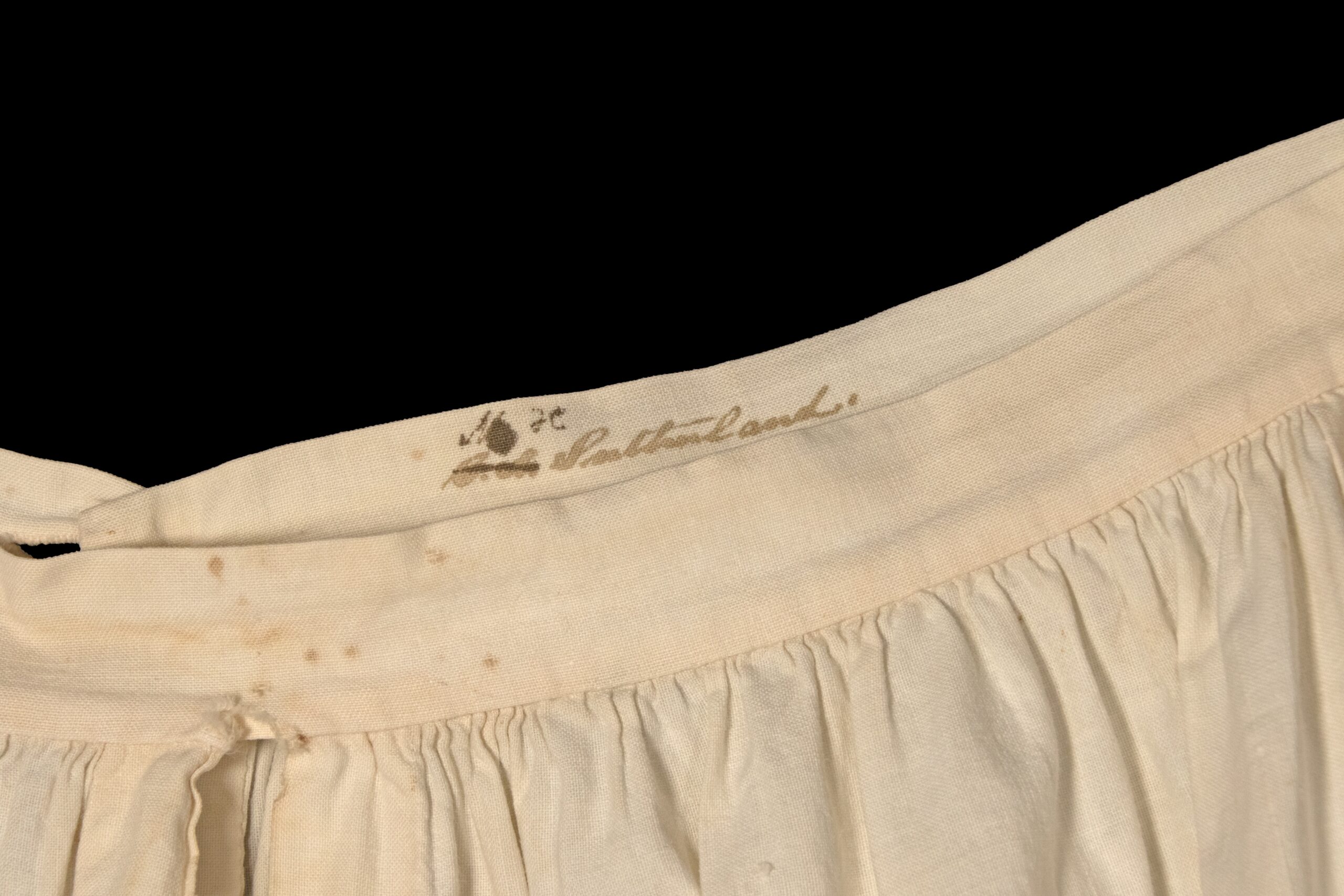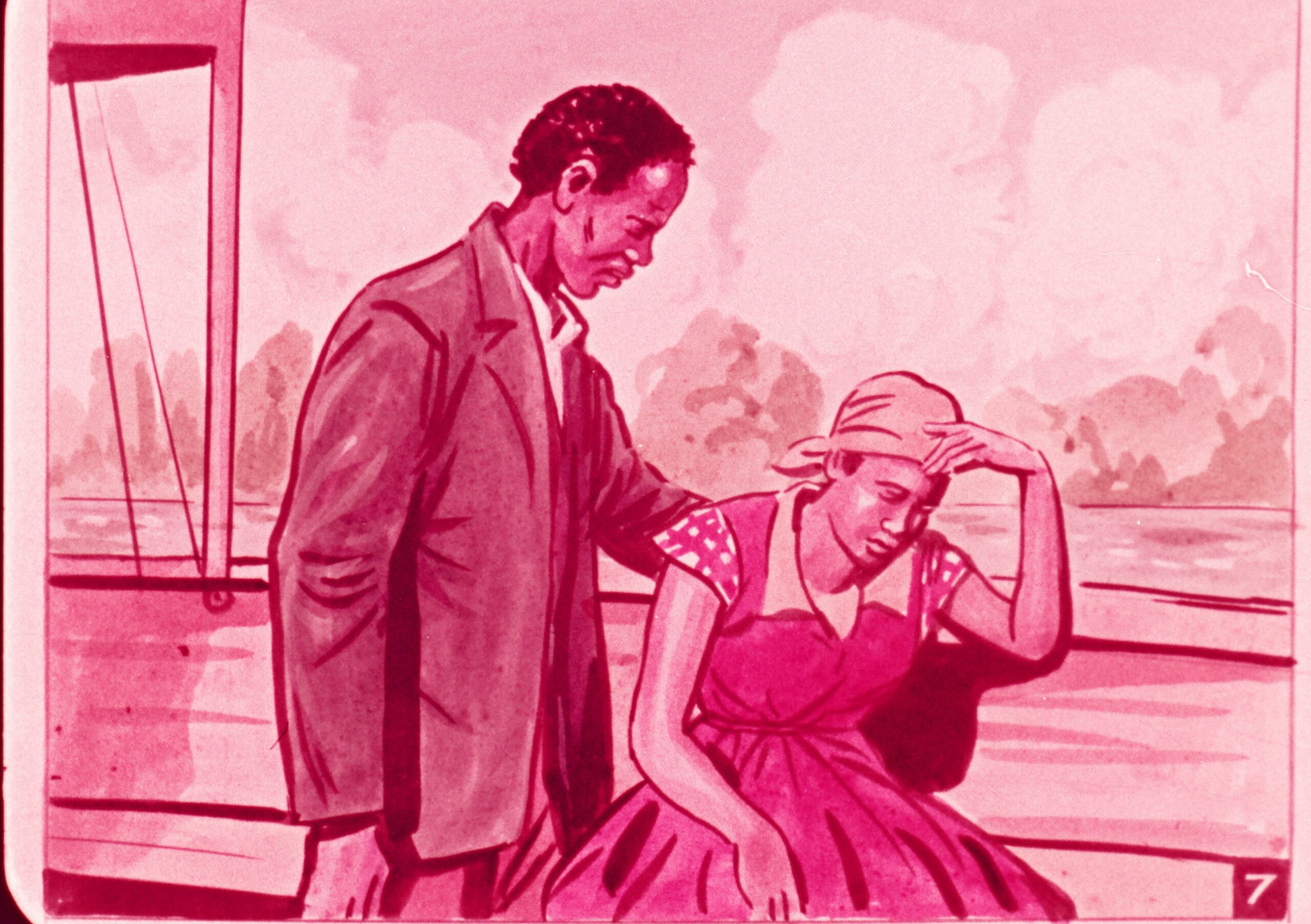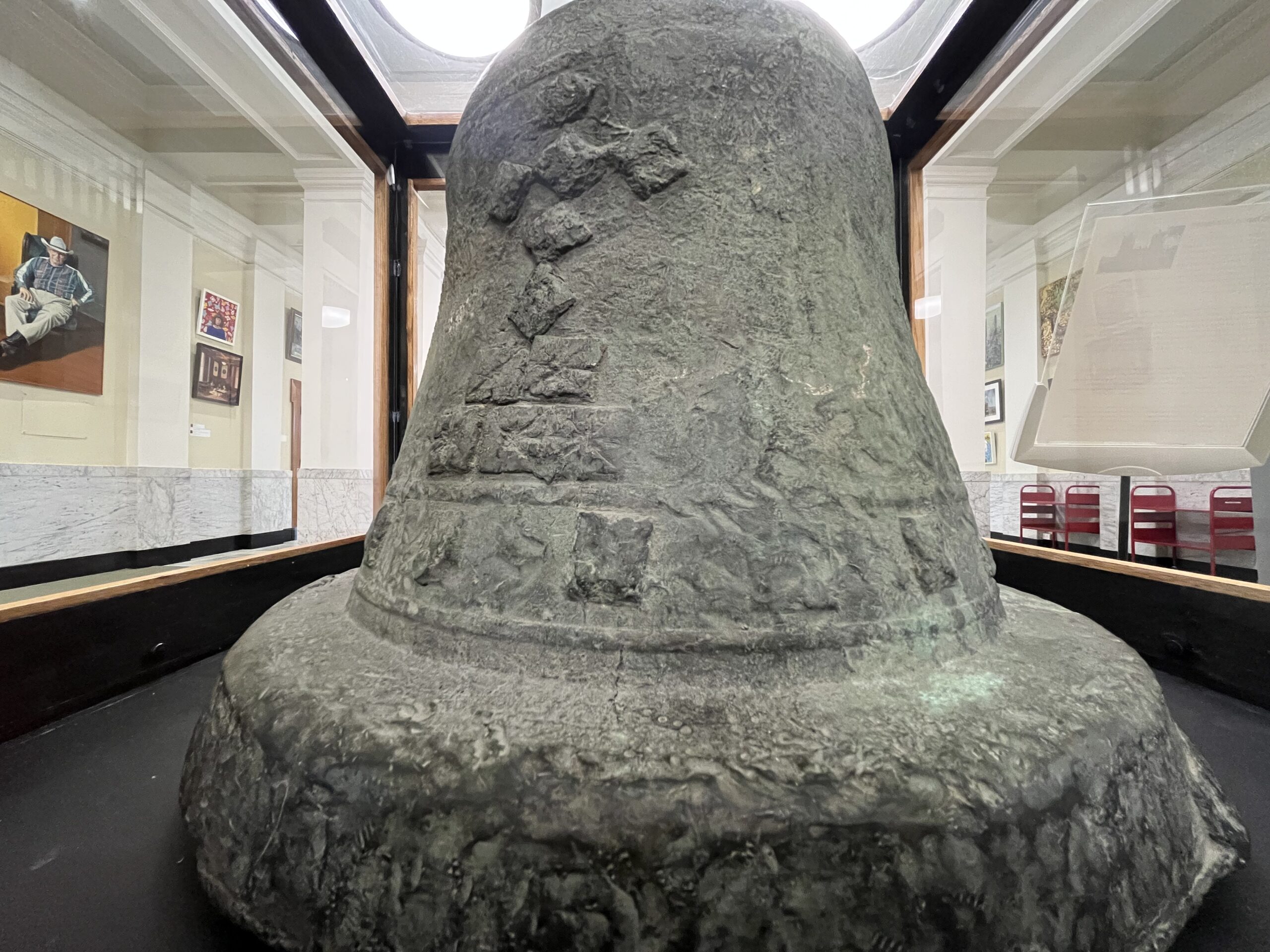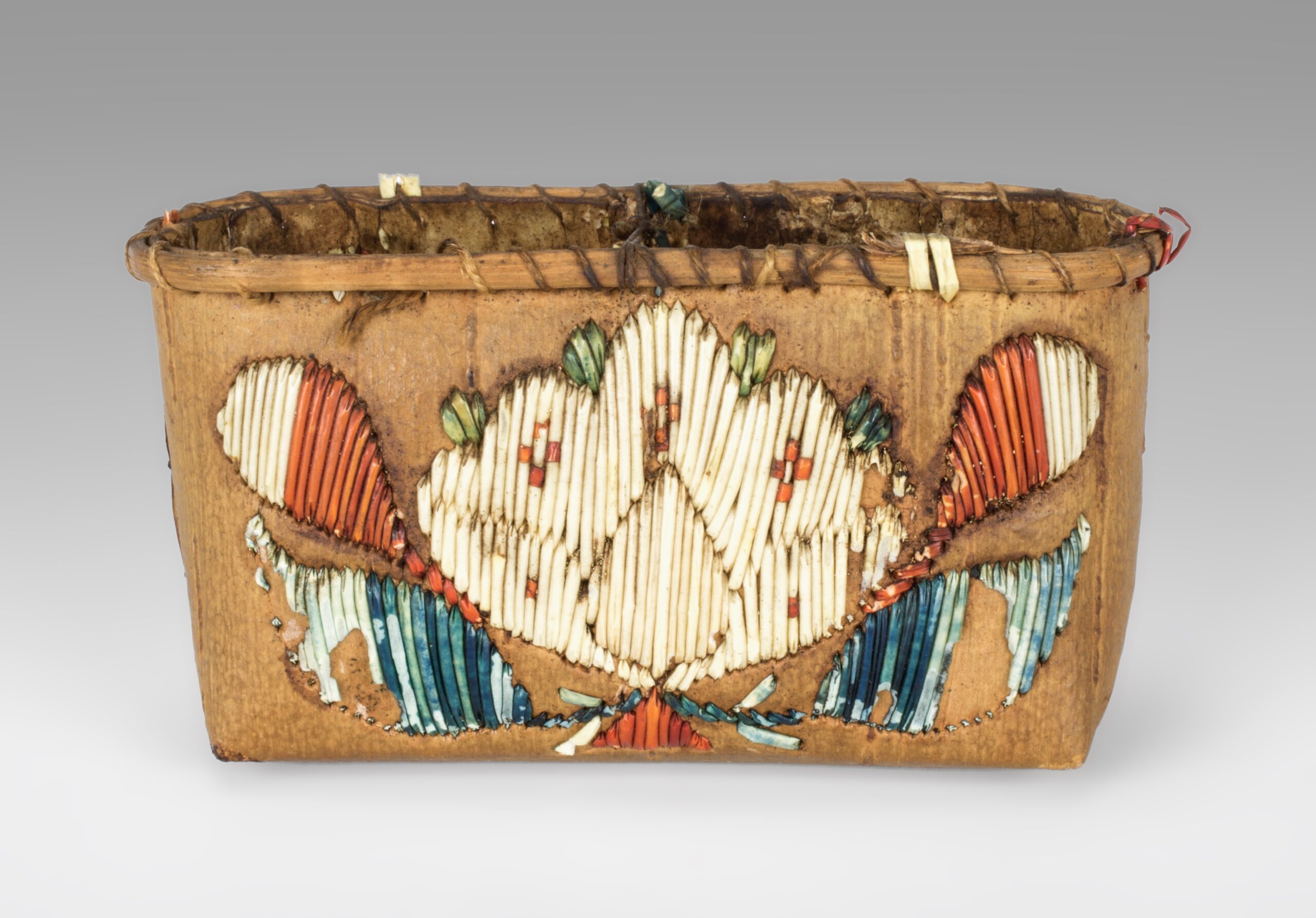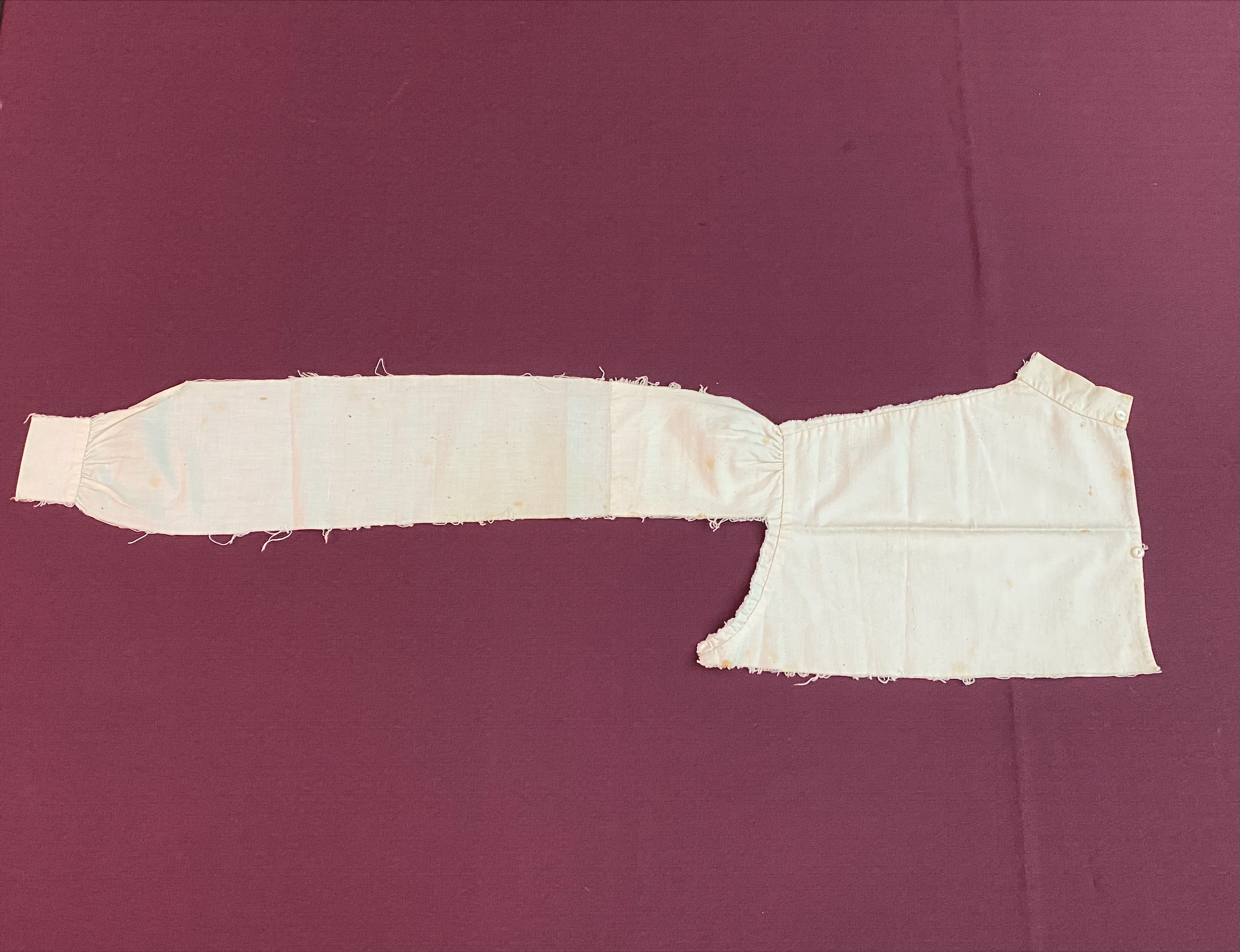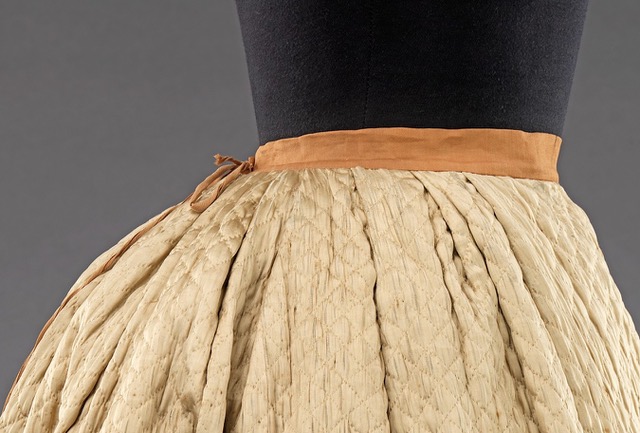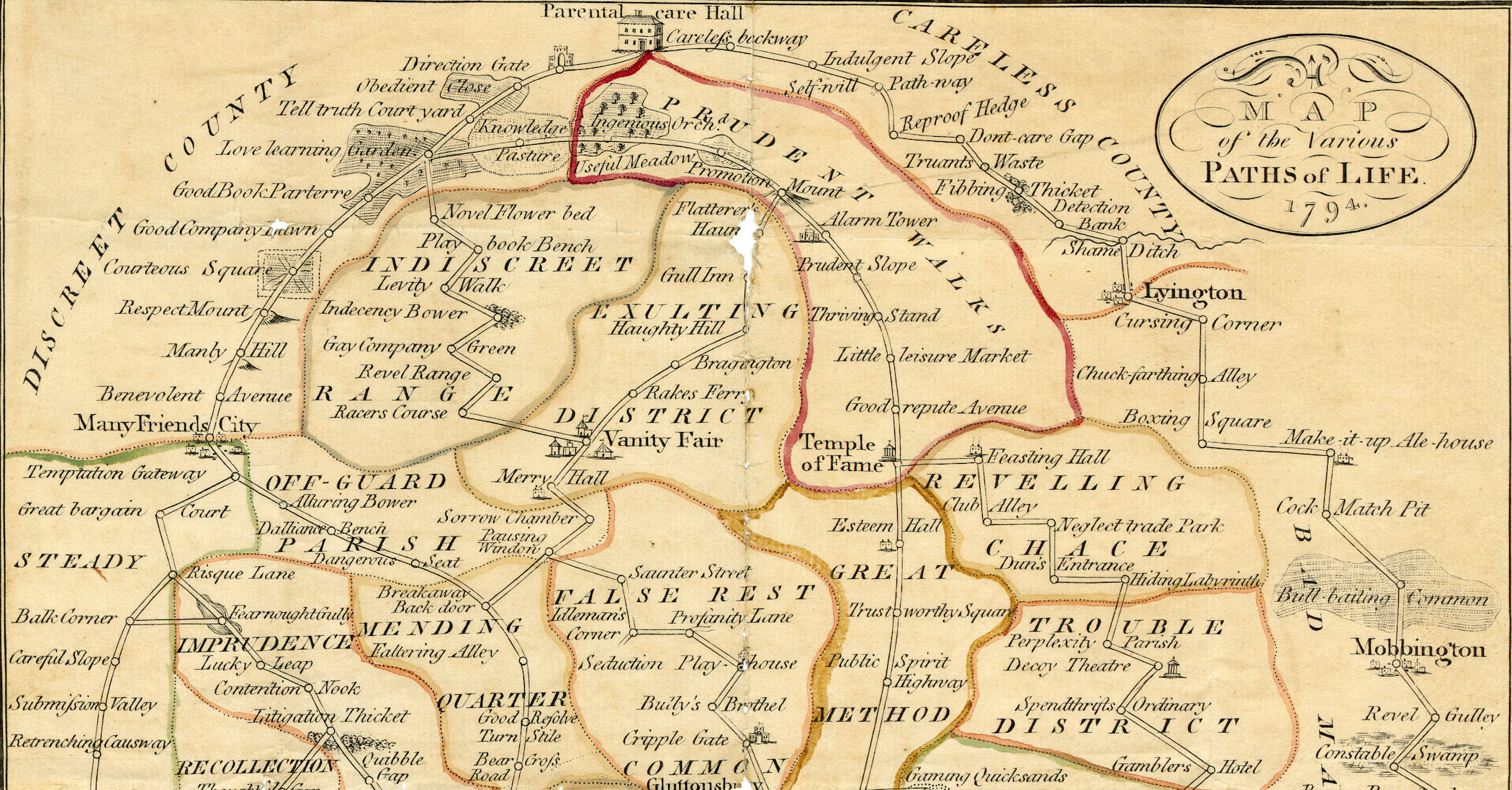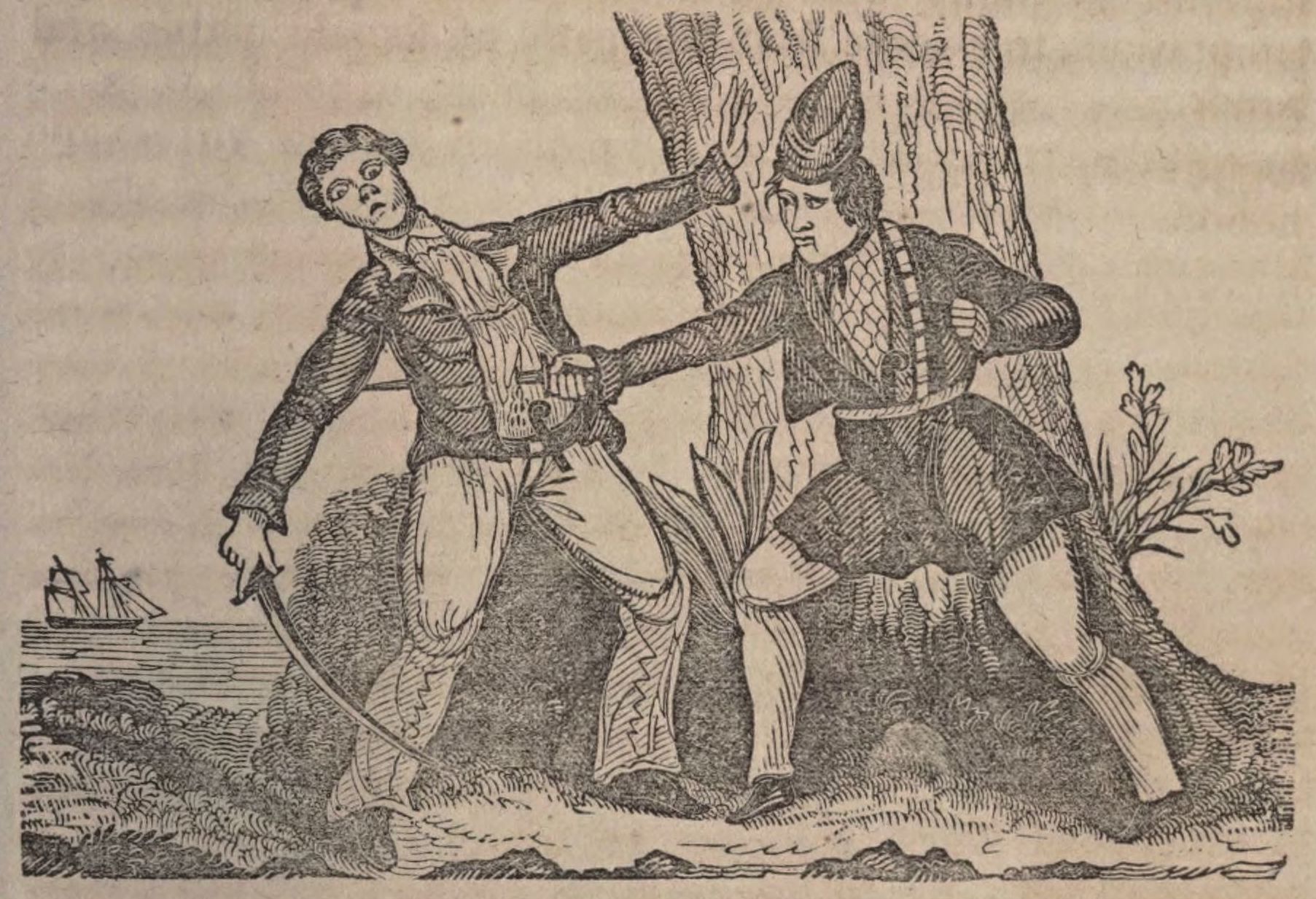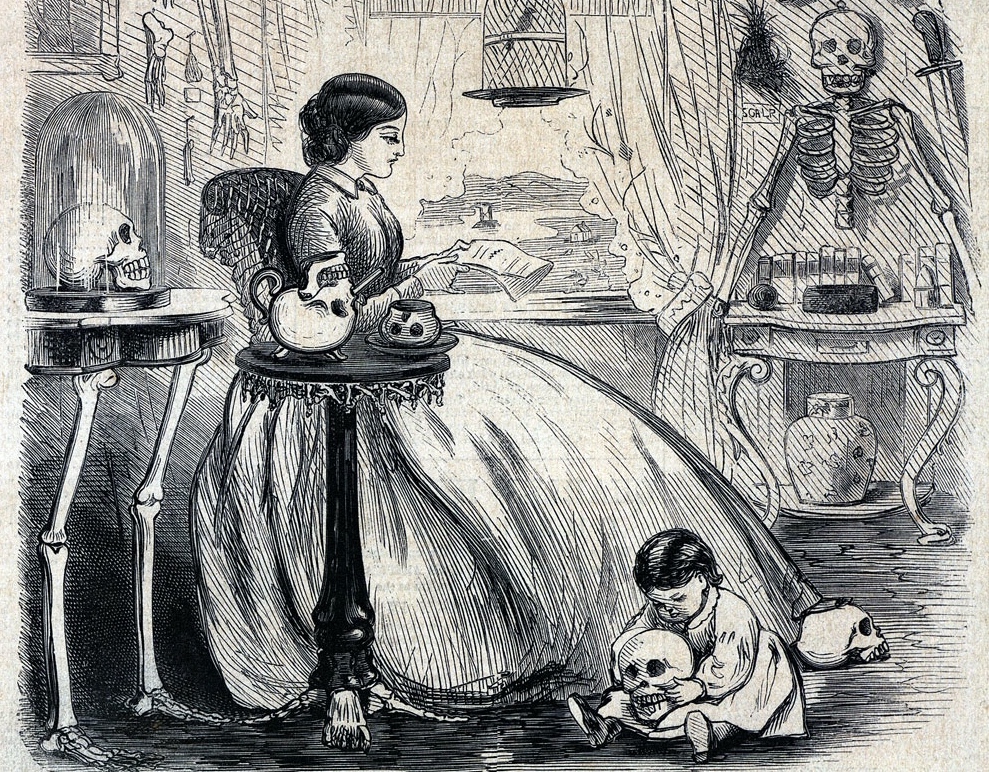Social Media Highlights
Click here for Elizabeth Covart’s summary of each day of the conference.
Click here for Michael Hatten’s storify of the conference.
Special HISTORY videos on the American Revolution
Roundtable Highlights
All video edited by Peter Kotowski.
During the panel Q & A session, Fogleman expands on his contention that the Revolution challenges the security of slavery.
Linda Colley addresses the exceptionalism found in the American and British historical profession.
Christine Heyrman questions the extent to which the Revolution was a secular event.
Ed Countryman talks about the role of contestation during the revolutionary period.
Linda Colley responds to Fredrika Teute’s comments about the Haitian Revolution
Michael McDonnell and Barbara Oberg discuss how microhistory helps reveal the messiness of the Revolution.
Kimberly Nath responds to Barbara Oberg’s question about microhistory by pushing scholars to consider its role in helping us understand identity.
Michael McDonnell and Tom Slaughter discuss the perils of ending the narrative with the Constitution.
Fredrika Teute pushes Travis Glasson to better engage with the issue of women in his paper.
The scarcity of sources and the tension between ordinary peoples and the elites are two challenges Li Jianming sees for the future of Revolution-era scholarship.
Laurel Thatcher Ulrich on the Founding Fathers and their vision of a postwar America.
Bill Pencak and Laurel Thatcher Ulrich discuss provisioning.
Denver Brunsman talks impressment, recruiting procedures, and violence among the Revolutionary-era maritime community.
Margaretta Lovell on the role of material culture on “real” history.
Marcus Rediker reads an excerpt from William Blake’s America, a Prophecy.
Peter Thompson discusses the need to read outside the narrow disciplines of history to help “rebirth” studies of the Revolution.
Mark Boonshoft considers the idea of power and what it meant for politics, institutions, and organizations during the Revolution.
Bryan Rosenblithe explains the importance of understanding the people “on the ground” and their importance in how we understand politics.
Mark Boonshoft, Bryan Rosenblithe, and Matthew Spooner respond to Frank Harvey’s question about the impact of the French on the war.
David Shields, Annette Gordon-Reed, and Fredrika Teute discuss founding documents and the creation of the Union.
David Shields responds to a question about textuality and the dissemination of printed copies of constitutions.
Alan Taylor reflects on the contagion of slavery, the contagion of liberty, and an alternate path for the history of the American Revolution.
This article originally appeared in issue 14.3 (Spring, 2014).



